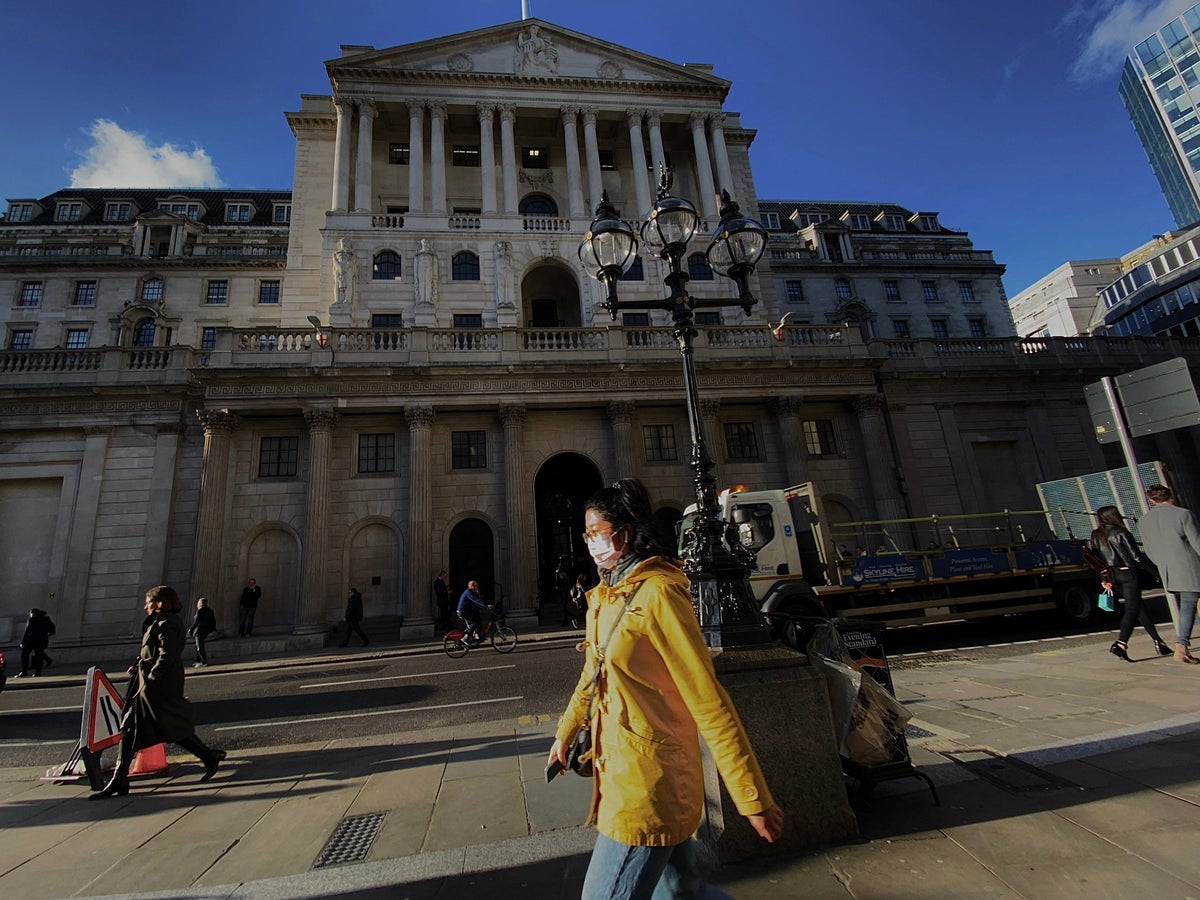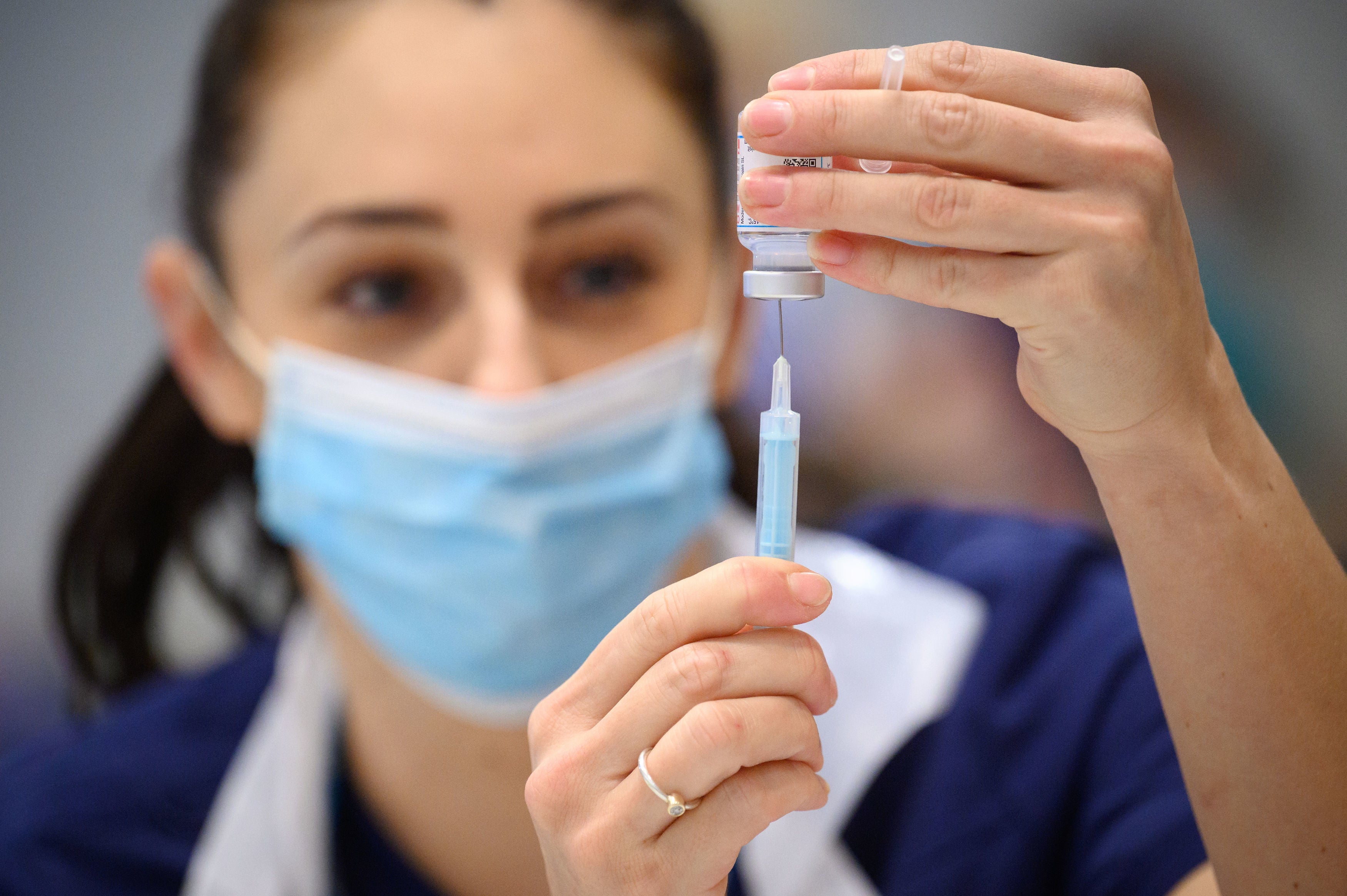
Rising numbers of staff absences due to a surge in UK Covid cases have cost businesses hundreds of millions of pounds.
A total of 2.7 million people in Britain were infected with coronavirus last week, up 18 per cent from 2.3 million in the previous week, according to the Office for National Statistics.
Smaller businesses and the healthcare sector have been hit hardest amid the current wave, industry leaders say. In parts of the country, the number of NHS workers off sick with Covid has doubled in a week.
In the seven days to 3 July, 1.65 million working days were lost to Covid, at an estimated cost to employers of £226.4m – an increase of 23 per cent on the previous week, according to data from GoodShape, an absence management company.
The Federation of Small Businesses (FSB) said these absences were “hitting against a backdrop of surging input prices, supply chain disruption and widespread labour shortages”.

Martin McTague, national chair of the FSB, said: “Small firms aren’t like large corporates – they don’t have big teams that enable easy redeployment of staff when some team members are off.”
He said the average cost of staff absenteeism for small businesses, including finding cover, exceeded more than £3,500 per business last year.
GoodShape said Covid-related absences doubled at UK companies in June, costing employers £544m in total.
“As Covid resurges, the government should be planning for a reintroduction of the Covid sick pay rebate that proved so critical during Covid’s initial waves, and then again when Omicron surged,” Mr McTague said. “Small firms should not be out of pocket when they support staff who are unwell.
“A targeted workplace testing initiative for small employers whose staff cannot work from home – a smaller, more focussed version of the one wrapped up last summer – could mark a way forward, especially at a time when people no longer have stockpiled tests at home.”
The British Chambers of Commerce (BCC) separately called for a “successor to the recovery loan scheme” to be “brought in as soon as possible”.
“This will not only help with disruption caused by this current, and future waves, of Covid but also with the other cost rises coming down the track for firms, including energy, raw material and staff costs,” said co-executive director Hannah Essex, adding that businesses were facing “another headache” as cases rise again.
In the NHS, there has been a recent “increase in Covid-19-related staff absence” across the Midlands, according to a letter circulated among regional trusts earlier this week.
One trust director in Yorkshire told The Independent that its Covid absences had “doubled in a week”, while a Midlands hospital doctor said sickness rates were close to the level where staff might have to be redeployed.
An acute care trust in the north of England has also recorded a recent rise in staff sickness, with absenteeism rates approaching the levels seen in March and April, according to an NHS source.

In the social care sector, Dr Jane Townson, CEO of the Homecare Association, said an increase in staff absences caused by rising Covid cases would result in “some providers having to turn down support to new clients”.
Optima Care, which runs care homes across Kent, said it was experiencing “significant absences due to Covid-related sickness” and its homes “are under pressure to find alternate staff through agencies which are very expensive or unable to supply”.
Louise Aston, wellbeing director at Business in the Community (BITC), an outreach charity promoting responsible business, said Covid was having a “disproportionate impact” on sectors that rely on frontline workers, such as healthcare and hospitality, who “don’t have the choice of where they work”.
“For instance, we can see that more than 5 per cent of social care employees are experiencing long Covid, which is almost twice the proportion of those working in financial services, who have the chance to work from home,” she said.
Estimates show there are around 807,000 people in the UK who have been suffering from long Covid for more than a year, while 409,000 report that their ability to undertake day-to-day activities has been “limited a lot”.
A government spokesperson said: “We’ve supported the economy throughout the pandemic, providing around £400bn to help protect millions of jobs, and will continue to do so.
“The statutory sick pay rebate scheme was reintroduced as a temporary measure to support SMEs with increased workplace absences due to the Omicron variant, but as we move to the next phase of managing Covid-19 it is right that exceptional support has ended.
“We are working with lenders to see how we can best continue to support businesses.”







